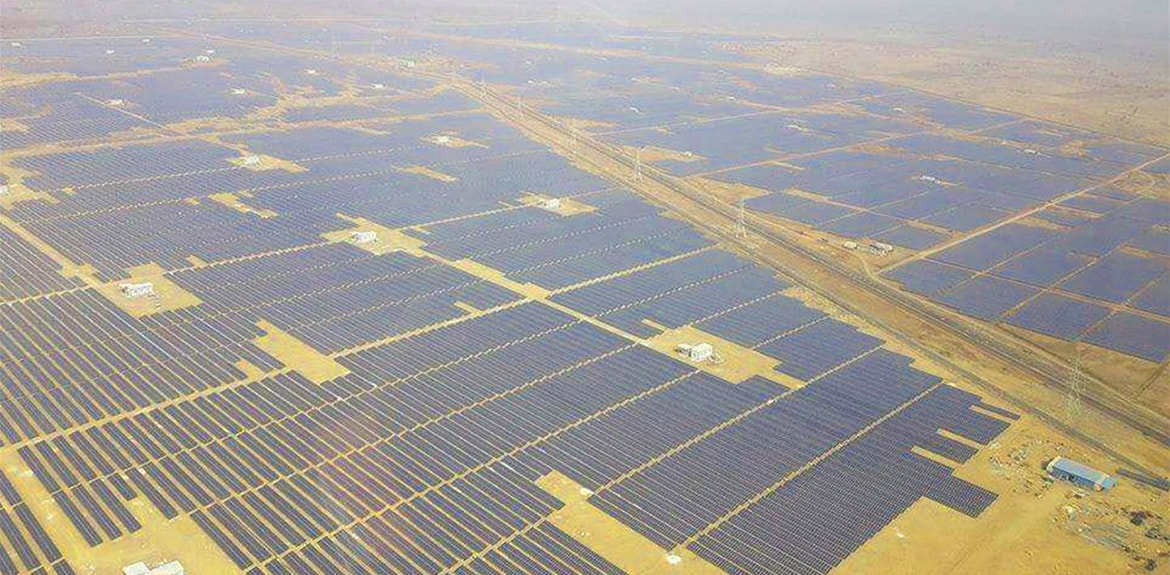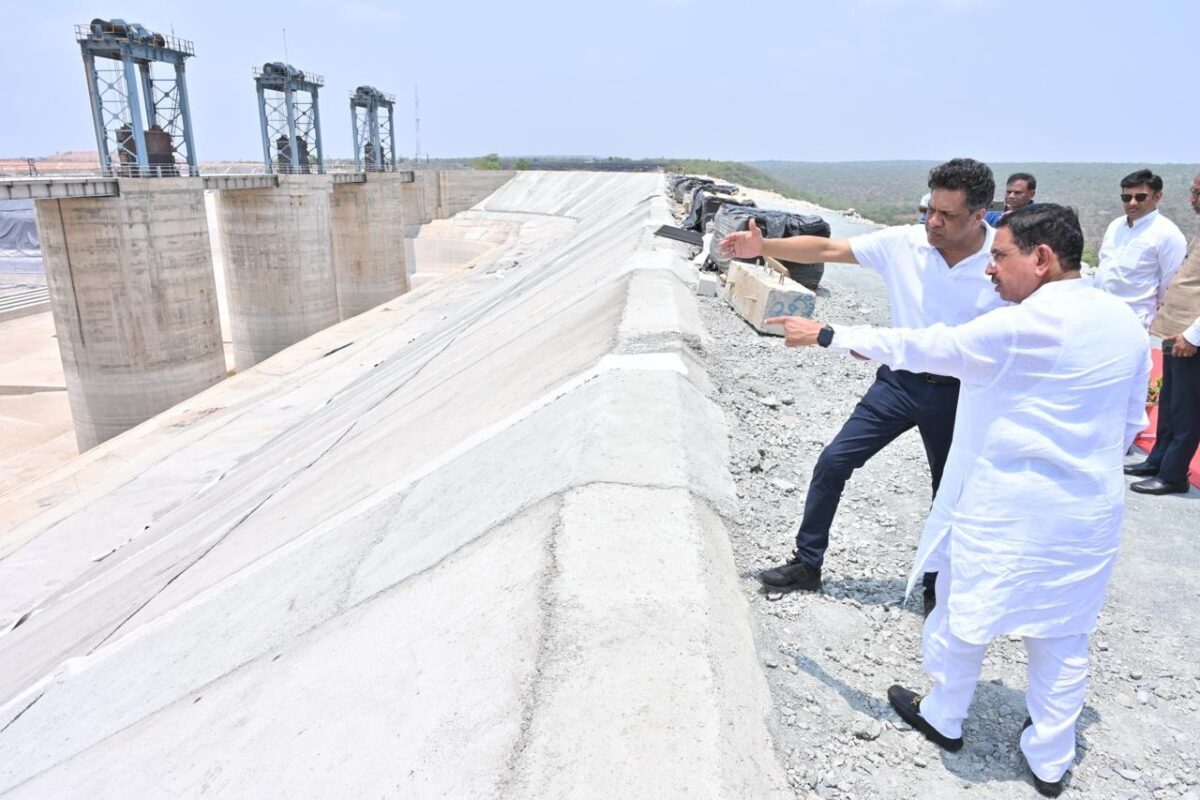The Andhra Pradesh government has opened itself to charges of bias by seeking to revoke the power purchase agreements (PPAs) of renewable energy projects while overlooking higher-priced PPAs of coal power plants—shows an analysis by the Delhi based financial research group Center for Financial Accountability (CFA).
“The average tariff for the renewable projects in question comes out to Rs4.54/kWh, which the state government is seeking to bring down to Rs2.39/kWh. However, the Andhra Pradesh government’s targeting of renewable energy developers appears to be selective as thermal power plants (predominantly coal) that have equally high or even higher tariffs are not facing the threat of revocation or renegotiation of their PPAs,” says CFA, adding that the state government has exposed itself to charges of anti-renewables and pro-coal bias.
“If lowering electricity purchase costs is the real goal here, the Andhra Pradesh government should be actively seeking to lower its dependence on coal by boosting renewable energy and encouraging efficiency measures,” said CFA executive director Joe Athialy.
Recently, the Gujarat government announced an end to new coal power plants permits in the state, due to excess capacity and the availability of cheaper renewable energy to satisfy demand growth. The Chhattisgarh state DISCOM has expressed similar intent.
Quoting FY2019-20 tariff order data from Andhra Pradesh Electricity Regulatory Commission, the CFA report mentioned that the state is projected to purchase 5223.25 million units of electricity from thermal power stations at rates above Rs4.54/unit, in some cases as high as Rs11.68/unit. In total, the state is projected to spend over Rs3,000 crore on such thermal power in FY2019-20, at an average of Rs5.75/kWh.
“This expensive power will be purchased from state-owned power generator NTPC’s Kudgi and Simhadri plants, as well as the Rayalseema thermal power project, owned by the state generator Andhra Pradesh Power Generation Corporation Limited,” it added.
“Given the excess capacity in the generation system, and the fact that renewable energy is now the cheapest source of new electricity generation, there is no economic and financial reason to continue building coal power plants. On the contrary, continued coal construction is a reflection of the clout wielded by the coal lobby, and that common citizens will have to bear the consequences in terms of air pollution, higher electricity costs and worsening climate change,” said Athialy.
This content is protected by copyright and may not be reused. If you want to cooperate with us and would like to reuse some of our content, please contact: editors@pv-magazine.com.









By submitting this form you agree to pv magazine using your data for the purposes of publishing your comment.
Your personal data will only be disclosed or otherwise transmitted to third parties for the purposes of spam filtering or if this is necessary for technical maintenance of the website. Any other transfer to third parties will not take place unless this is justified on the basis of applicable data protection regulations or if pv magazine is legally obliged to do so.
You may revoke this consent at any time with effect for the future, in which case your personal data will be deleted immediately. Otherwise, your data will be deleted if pv magazine has processed your request or the purpose of data storage is fulfilled.
Further information on data privacy can be found in our Data Protection Policy.